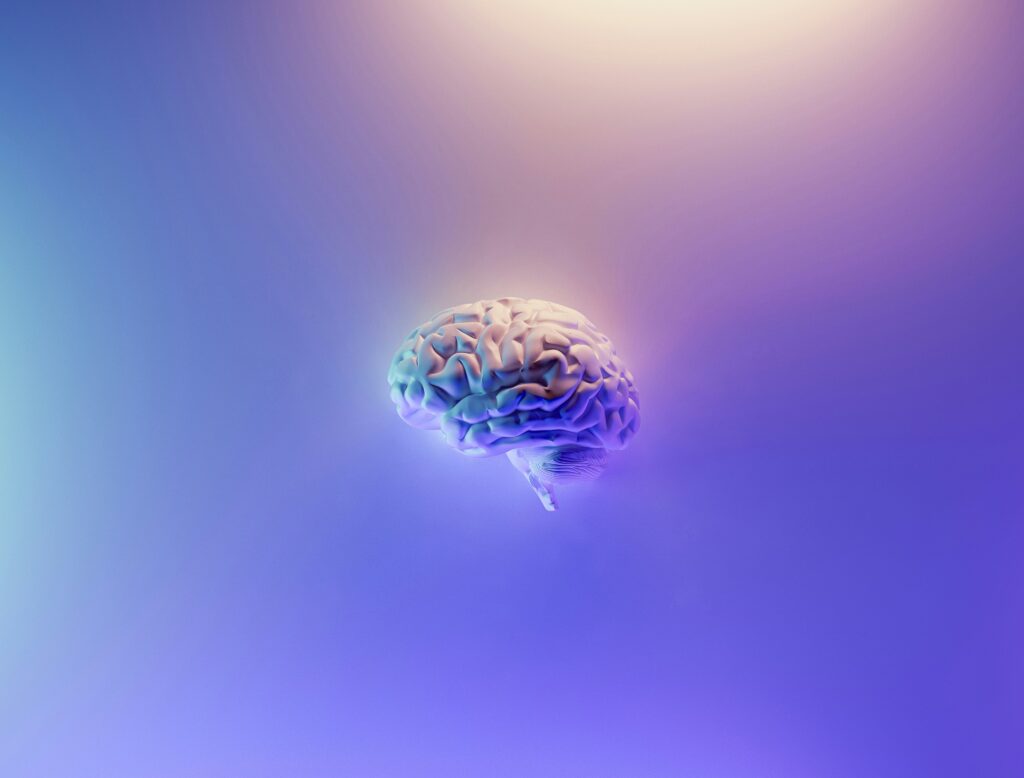Alcohol and the Brain: The hidden dangers of wet brain
Most of us know that drinking too much alcohol can cause serious damage to the liver, but few people are aware of the devastating effects it can have on the brain. One of the most severe but little-known consequences of excessive drinking is brain atrophy, which can lead to a condition known as Wernicke-Korsakoff syndrome—or more commonly, wet brain.
This is not just another hangover or a temporary lapse in memory. Wet brain is a serious, progressive neurological disorder that, if left untreated, can cause irreversible damage and even death. The good news? If caught early, it can be treated, and further damage can be prevented. But time is of the essence.
A Wake-Up Call: The Reality of Wet Brain
I was recently reminded of the severity of this condition when an old client got in touch to share that she had been diagnosed with wet brain. She had battled alcohol dependency for years, and while she had struggled to stop drinking, this diagnosis was the wake-up call she needed to recommit to her sobriety. For her, the damage was significant—but not yet fatal.
If you or someone you love is drinking heavily, it’s crucial to understand the risks of wet brain and take action before it’s too late.
What Causes Wet Brain?
Wet brain is caused by a severe deficiency of thiamine (vitamin B1), an essential nutrient that plays a vital role in converting glucose into energy. Without enough thiamine, the body and brain cannot function properly, leading to neurological damage and cognitive decline.
While there are other causes of thiamine deficiency—such as malnutrition, eating disorders, and certain autoimmune conditions—chronic alcohol consumption is by far the most common culprit.
The Link Between Alcohol and Thiamine Deficiency
Thiamine is crucial for maintaining a healthy heart, nervous system, and brain. It helps regulate glucose levels in the bloodstream and supports enzymes responsible for producing neurotransmitters. When a person drinks excessively over a prolonged period, they become vulnerable to thiamine deficiency for several reasons:
- Poor diet – Heavy drinkers often have poor eating habits, leading to inadequate nutrient intake.
- Digestive issues – Alcohol can cause nausea, vomiting, diarrhoea, and increased urination, making it harder for the body to absorb nutrients.
- Liver dysfunction – The liver plays a key role in converting thiamine into a usable form. Chronic drinking impairs liver function, preventing this process.
- Intestinal damage – Alcohol damages the gut lining, making it difficult to absorb essential vitamins and nutrients, including thiamine.
Without sufficient thiamine, the brain suffers. And if the deficiency continues unchecked, the consequences can be severe.
The Two Stages of Wet Brain
Wet brain progresses in two distinct stages:
Stage 1: Wernicke Encephalopathy
This is the acute, early phase of wet brain. The good news? If diagnosed and treated in time, the damage can be reversed. Symptoms of Wernicke Encephalopathy include:
- Increased confusion
- Sudden memory loss
- Difficulty with balance or an inability to walk properly
- Muscle weakness and sudden tremors
- Rapid, uncontrolled eye movements
- Vision problems, including double or blurred vision and drooping eyelids
- Loss of consciousness (in severe cases)
If left untreated, Wernicke Encephalopathy progresses to the second, far more dangerous stage.
Stage 2: Korsakoff Syndrome (Korsakoff Psychosis)
This is the chronic, irreversible phase of wet brain. Around 80% of people with untreated Wernicke Encephalopathy go on to develop Korsakoff Syndrome. At this stage, even if the person stops drinking, the brain damage remains permanent. Symptoms include:
- Severe memory loss, making daily life and simple tasks difficult
- Inability to create new memories
- Personality changes, including apathy or irritability
- Difficulty with short-term memory recall
- Vision problems and continued eye movement issues
- Confabulation—filling memory gaps with fabricated stories
- Auditory or visual hallucinations
- Extreme tremors, making movement and coordination difficult
- A coma-like state (in severe cases)
Unfortunately, if Korsakoff Syndrome continues to progress without intervention, it can become fatal. Approximately 20% of those diagnosed with wet brain die from the condition.
Can Wet Brain Be Treated?
The key to treating wet brain is early detection and immediate intervention. If caught in the first stage, high doses of thiamine (often given intravenously) can help reverse the damage, and stopping alcohol consumption entirely can prevent further harm. However, once the disease progresses to Korsakoff Syndrome, the damage is permanent, and treatment focuses on managing symptoms rather than reversing them.
The Hard Truth: You Must Stop Drinking
If you or someone you know has been diagnosed with wet brain, there is no getting around it—stopping alcohol is non-negotiable. Continued drinking will only accelerate brain damage and increase the likelihood of fatality.
That said, this diagnosis can also be the wake-up call that saves your life. If you take action now, seek support, and commit to a healthier lifestyle, you can halt the progression of the disease and give yourself the best chance at recovery.
Final Thoughts: Take Action Now
Alcohol-related brain damage is more common than most people realise, but it is preventable. If you’re struggling with alcohol dependency, don’t wait for a crisis to make a change. The sooner you address the problem, the better your chances of preventing irreversible damage.
If you’re worried about your drinking or need support to quit, I’m here to help. Therapy can provide the guidance, tools, and emotional support needed to break free from alcohol dependency and reclaim your health. Get in touch today to discuss how we can work together to create a plan for lasting change.


